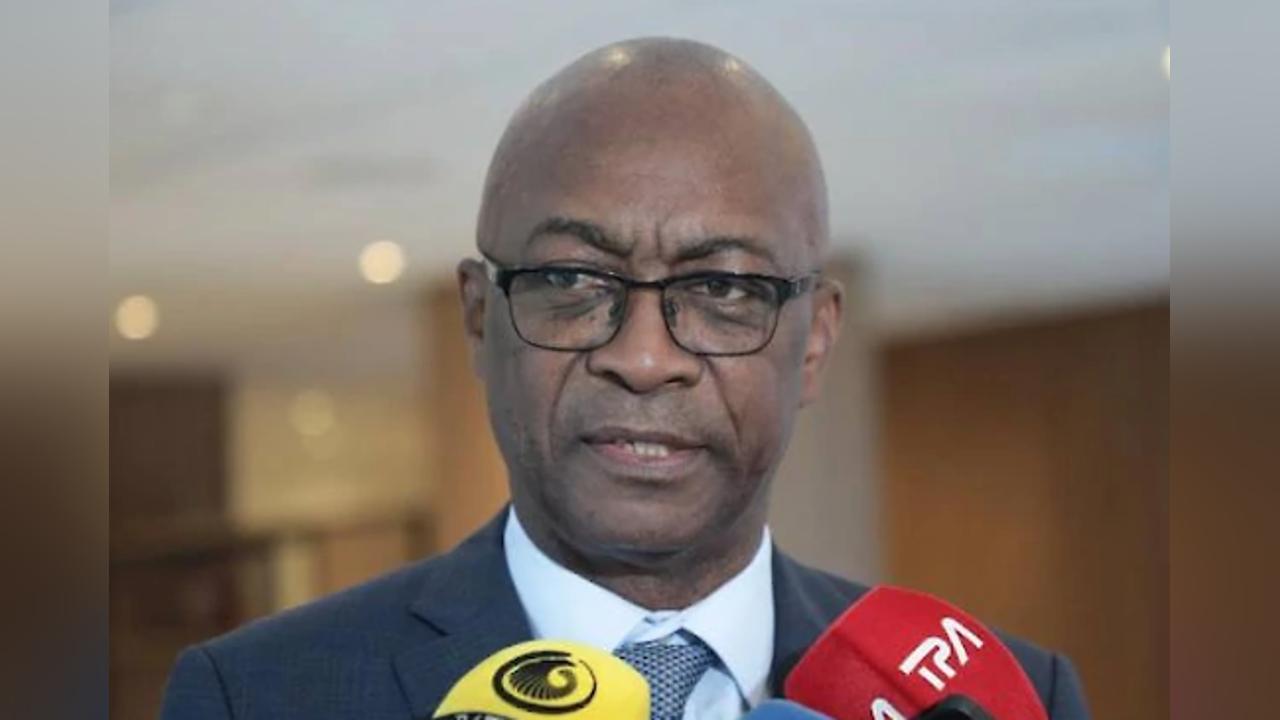Africa-Press – Angola. The Angolan Minister of Planning, Victor Hugo Guilherme on Tuesday said that the high debt of least developed countries is seriously compromising their ability to meet the Sustainable Development Goals (SDGs), set by 2030.
Speaking on the sidelines of the 4th Conference on Financing for Development, the minister revealed that, in 2024, the overall debt accumulated by the least developed countries reached US$31 trillion, with around US$930 billion in interest alone.
“We must find ways for countries to have room for manoeuvre to finance their development activities. Only then will it be possible to achieve the SDGs”, he said.
According to Victor Hugo Guilherme, the so-called “Seville Commitment” represents an important step in this process, by promoting dialogue between less developed countries and the main international financiers.
“We are here precisely to discuss and establish understandings with the main partners, because, in order to achieve the goals, it is necessary to rethink the global financial architecture, especially with regard to the structuring of the debts of developing countries”, he stressed.
Funding and national priorities
In the specific case of Angola, the minister highlighted that the country is working with several multilateral institutions, such as the World Bank, the European Union, the United Nations System and the African Development Bank, to finance the main programs of the National Development Plan 2023–2027.
Among the priority sectors mentioned are agriculture, vocational training, the environment, health, education, energy, water supply, roads and other basic infrastructure that sustains economic growth and social development.
“Development is interconnected. Agriculture needs water, energy and skilled labor. If one sector fails, the whole system is compromised”, he explained.
Report on the SDGs and national challenges
The minister also revealed that Angola is preparing a voluntary national report that will be presented soon in New York, assessing the country”s progress in implementing the SDGs.
“We are doing well, but we could be better. We have made progress in the health, energy and gender equality sectors, but we still have challenges in education and access to clean water. We need to do more in these areas,” he pointed out.
Despite the efforts, the minister shared a common concern of developing countries: “If we continue as we are, only a third of the targets can be achieved by 2030”, he warned, referring to the global outlook.
Alternatives and internal mobilization
Asked about alternatives for Angola to get out of the “blockade” caused by external funding limitations, Victor Hugo Guilherme defended a greater involvement of the private sector and the reinforcement of internal collection.
“We have to look more inward. The private sector must be present in all areas (education, health, industry). One of the main sources of funding is tax collection, and we must work in this direction”, he reinforced.
Despite the difficulties, the minister believes that Angola will be able to achieve most of the SDGs, as long as it manages to overcome the impasse between debt and development.
“The commitment is to continue working with all partners so that the country advances on its path of sustainable growth”, concluiu.
For More News And Analysis About Angola Follow Africa-Press






